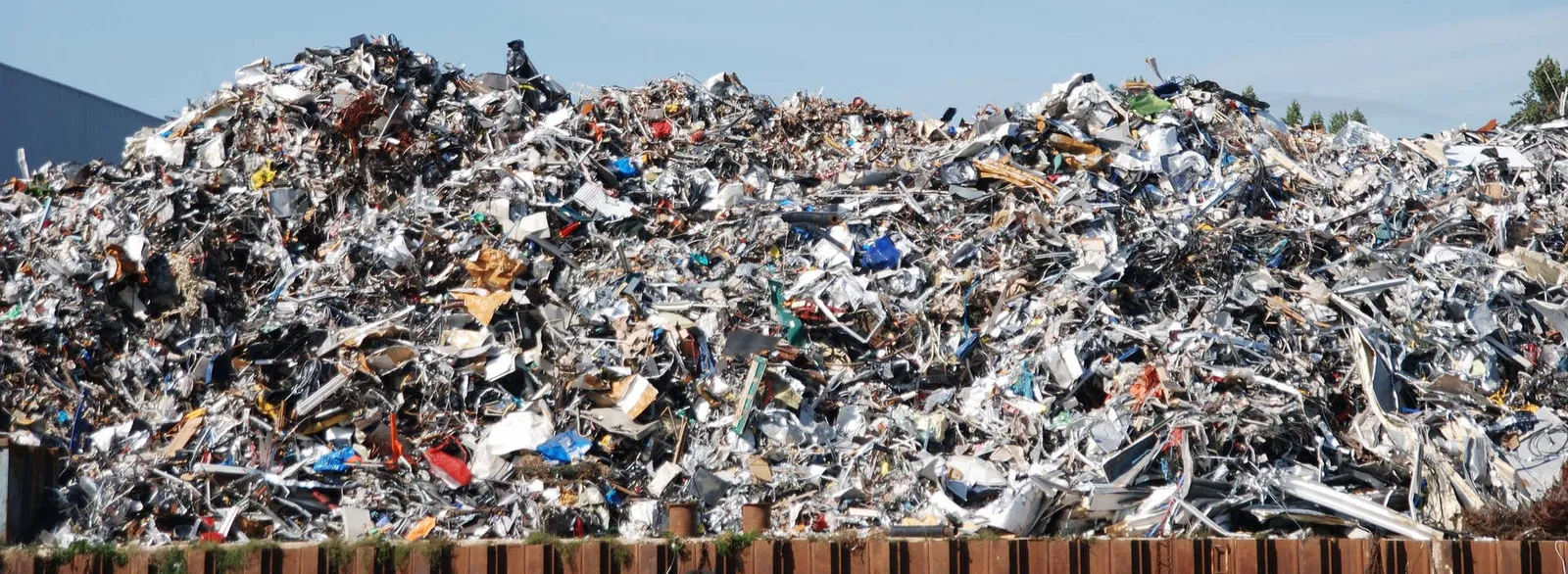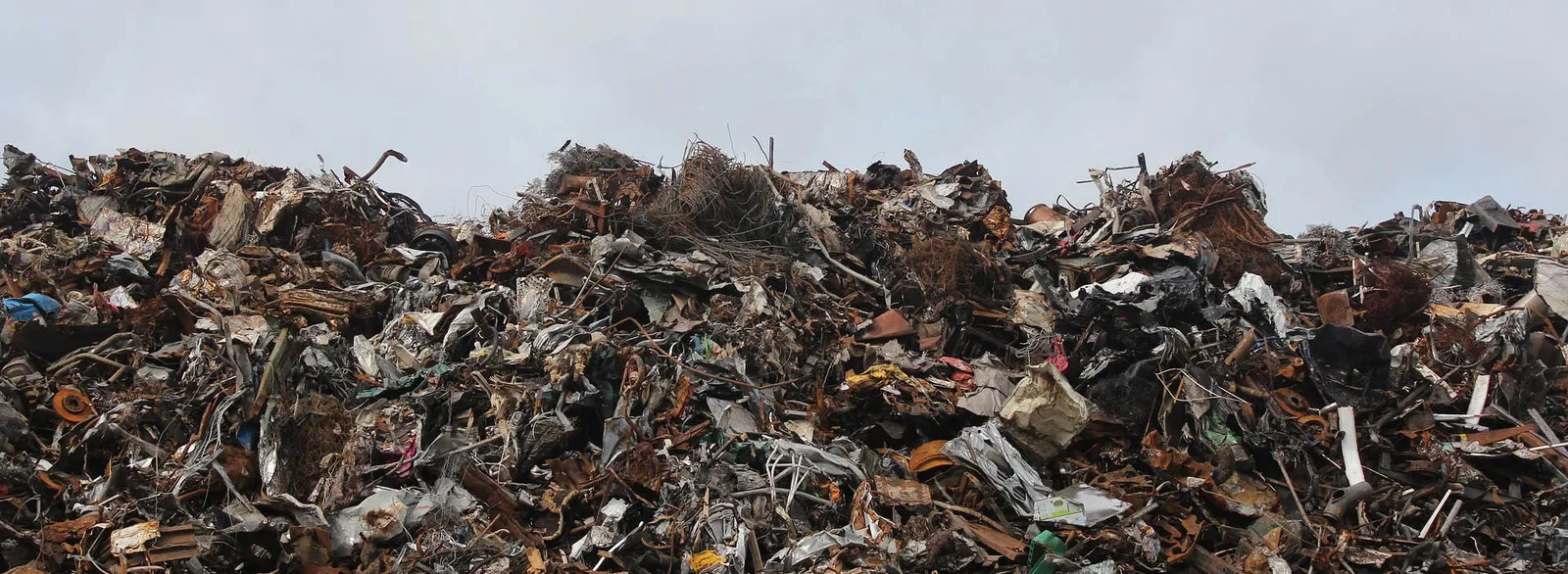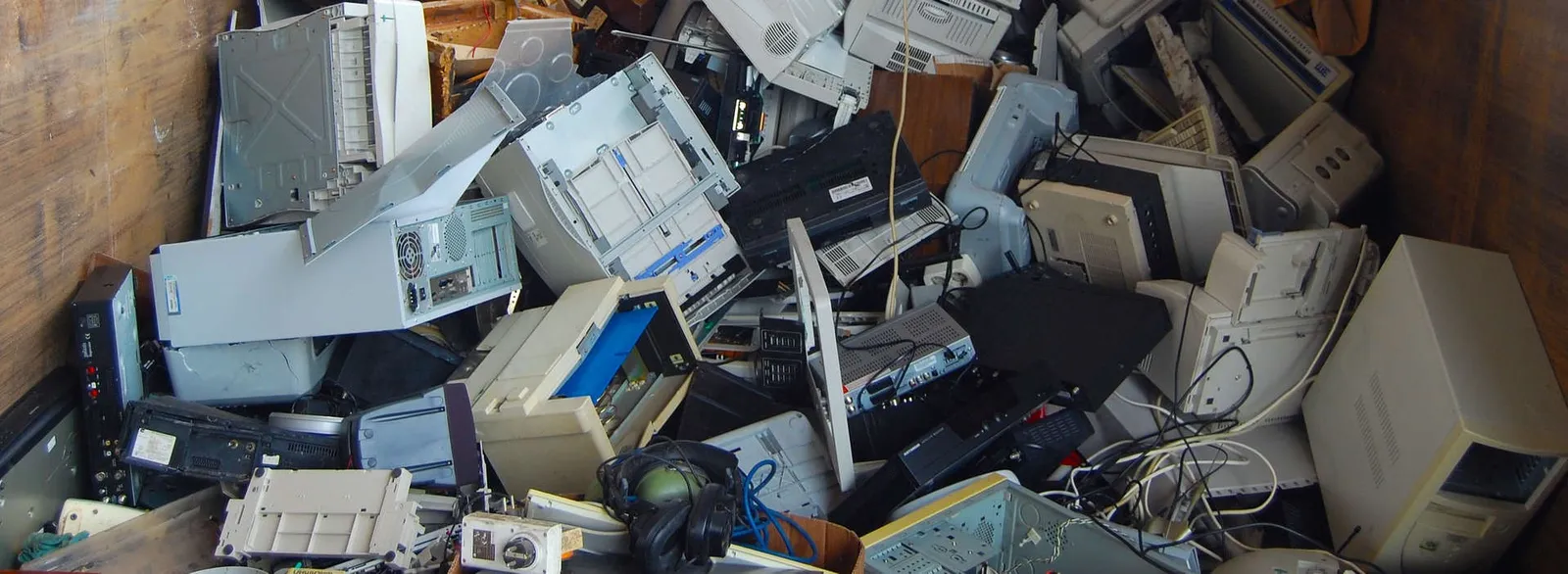If you are interested in ecology and recycling - sign up for our newsletter
Analysis of the Problem: Causes of the Sixth Extinction
Human activity is the main factor contributing to the current biodiversity crisis. Urban expansion, agriculture, and deforestation lead to the massive destruction of natural habitats for many species. The deforestation of tropical forests, which are home to thousands of unique species, has particularly catastrophic effects. Without their natural habitats, animals lose access to food and shelter, leading to their extinction. Furthermore, the fragmentation of natural environments hinders migration and reproduction, accelerating population declines.
Another significant factor is global warming. Rising temperatures and changing weather patterns affect the availability of resources and living conditions for many species. Climate change causes climate zones to shift, forcing animals to migrate to new, often less hospitable areas. Not all species can adapt to such rapid changes, leading to their extinction. Species with narrow climate tolerance ranges and those inhabiting ecosystems particularly sensitive to changes, such as coral reefs and polar regions, are especially vulnerable.
Pollution of air, water, and soil is another major problem. Chemicals and industrial waste entering the natural environment have harmful effects on animal health. An example is plastic in the oceans, which threatens marine life. Many species of fish, birds, and marine mammals mistake plastic for food, leading to their death from malnutrition or poisoning. Additionally, pesticides and other chemicals used in agriculture contaminate soils and water, negatively affecting flora and fauna.
"The Effects of the Sixth Extinction"
The loss of species diversity has serious consequences for ecosystems. Each species plays a specific role in its ecosystem, and its disappearance can lead to ecological imbalance. For example, the loss of predators can result in the overgrowth of herbivore populations, which in turn can cause vegetation degradation. Such destabilization of ecosystems can lead to further extinctions and reduce the resilience of ecosystems to environmental changes.
The biodiversity crisis also has direct consequences for humans. Healthy ecosystems provide ecosystem services such as water purification, food production, climate regulation, and erosion prevention. The loss of species and the degradation of ecosystems threaten these functions, which can lead to issues with water and food supply, increased risk of natural disasters, and a decline in quality of life. Additionally, many plants and animals have medicinal significance, and their extinction could limit access to natural medicines.
The sixth mass extinction has long-term consequences for the planet's future. Restoring destroyed ecosystems and rebuilding species populations requires time and effort. In some cases, once-lost species may be impossible to recover, leading to irreversible changes in ecosystems. Moreover, ecosystem degradation can accelerate climate change, creating a vicious cycle that further threatens biodiversity.
Summary
The sixth mass extinction of species is a crisis that requires immediate attention and action on a global scale. To prevent the situation from worsening, it is necessary to implement sustainable economic practices, environmental protection measures, and actions to mitigate climate change. Education and public awareness are crucial to mobilize the global community to take action for the protection of biodiversity. Only through joint efforts can we ensure the future of our planet and all its inhabitants.






